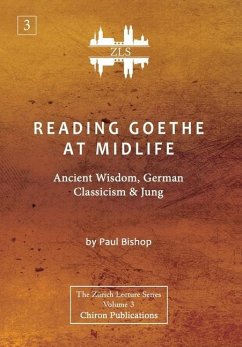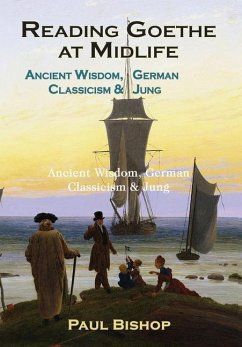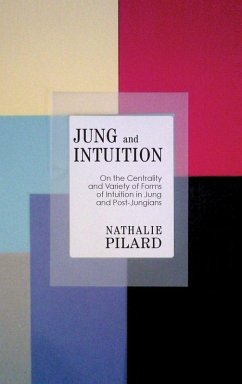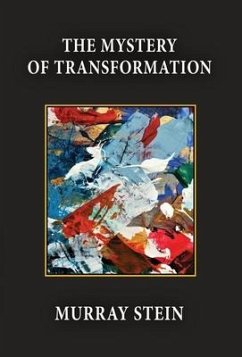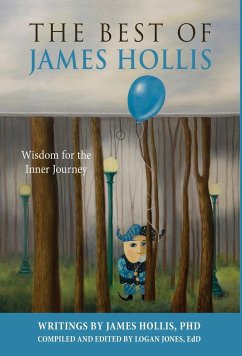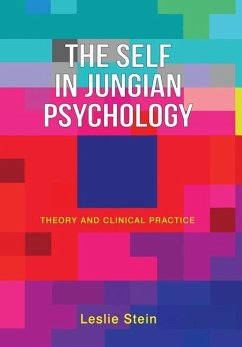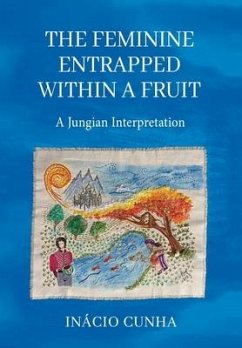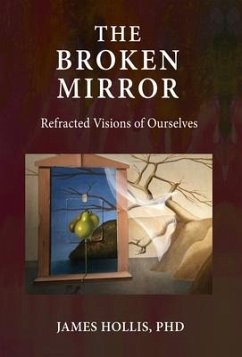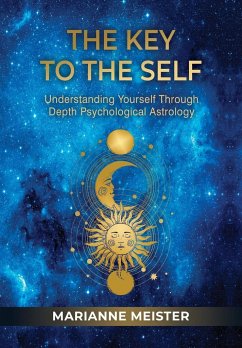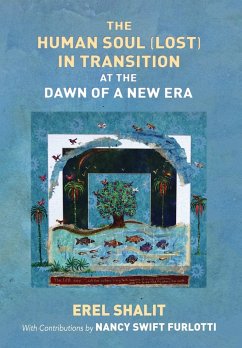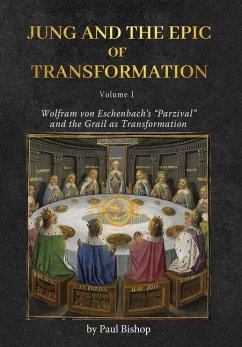
Jung and the Epic of Transformation - Volume 1
Wolfram von Eschenbach's "Parzival" and the Grail as Transformation
Versandkostenfrei!
Versandfertig in über 4 Wochen
43,99 €
inkl. MwSt.
Weitere Ausgaben:

PAYBACK Punkte
22 °P sammeln!
What have the Middle Ages got to do with us? For Jung, it seems, quite a lot; after all, he tells us: "I must catch up with a piece of the Middle Ages - within myself."



